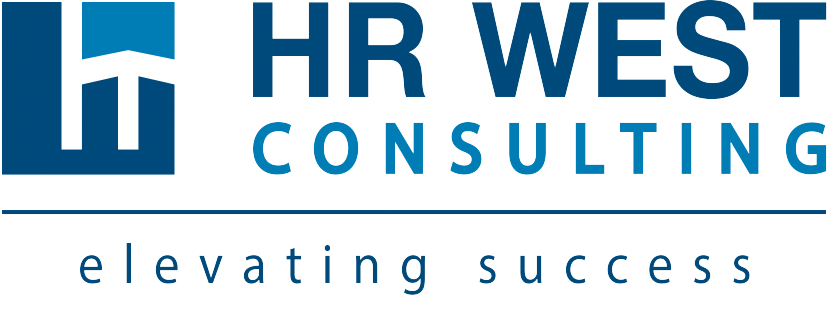The traditional annual performance review is increasingly under attack. School systems have long since moved away from letter grades, and Daniel Pink tells us that what we traditionally thought motivates people is all wrong. Furthermore, Marcus Buckingham & Ashley Goodall’s “Nine Lies About Work” attacks key fundamental elements that have underscored traditional performance reviews and how to motivate and develop people. More and more managers and (just as importantly) employees are pushing back on the traditional annual evaluation and looking for new ways to ensure that employees are performing, excelling and acquiring what they and the organization need for the future.
I have been working with several organizations to simplify their annual performance appraisal system to be more responsive to changing business priorities, to provide timely, positive and constructive feedback, and to have good dialogue with employees on how they can develop. Removing ratings opens up whole new conversations, and to quote one client, allows us “to connect as human to humans”.
I am helping companies move to performance and development processes characterized by some or all of:
- More frequent discussions, with quarterly (“90-day push”), monthly or bi-weekly discussions replacing the annual performance review.
- A mix of short-term objectives and annual goals.
- A discussion on accomplishments for the last period, and focus for the upcoming period.
- Employee and employer discussion of “do-overs” and what they have learned and what they might do differently next time to be more effective.
- Employee and manager comments on employee strengths and development areas (often with an accompanying list of competencies, values, skills as reference documents for consistent language but not a discussion on each quality).
- Discussion on how the role is evolving and how employees need to evolve with it.
- What support the employee needs from the manager.
- Accountability for employees to come prepared with both reflection and forward focus.
- Where deemed important (most frequently for compensation), overall performance assessment descriptors that have a more positive descriptive tone (eg successful v. satisfactory).
I recently facilitated a lively discussion on this topic with a group of CPHR BC & Yukon senior HR leaders from the Fraser Valley. In this small sample group, the majority of companies are still using ratings-based systems and believe they drive the performance they need. Some HR leaders are engaging in an internal dialogue on changing their approach, and a few have changed and had fascinating lessons learned.
My approach is to ensure that organizations understand and can articulate what their belief system/philosophy is with respect to employee and organizational performance. Once established, I can then design a program that matches, as well as communication and training to ensure everyone understands. No one system will work for all organizations, or perhaps even all employees in one organization (think sales v. research). Being clear on what you believe drives performance and development is an important part of how you design your programs; facilitating that clarity is part of the value I bring when designing and implementing effective and modern performance and development systems.



